Ahead of election in Malaysia’s Sabah, voters yearn for end to daily shortages
From power and water shortages to roads with potholes, voters in Sabah are frustrated with the unfulfilled promises of their leaders
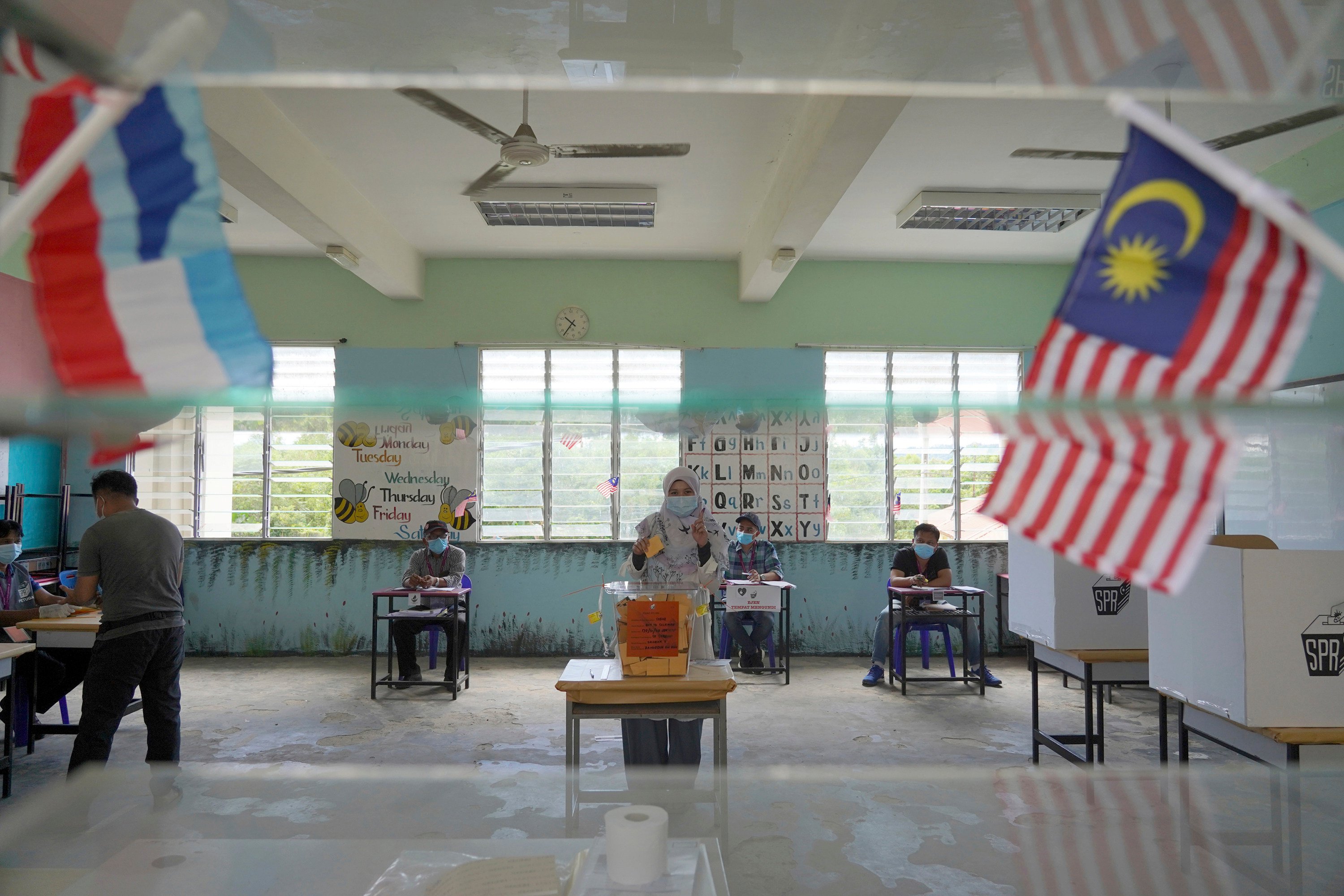
The first time Joebonaventure Matius cast his vote in 2013, politicians promised pristine roads and an end to the blight of power and water shortages that were common occurrences for the young resident from a rural part of Malaysia’s Sabah state.
He has since voted three more times for these politicians in his district of Telupid, hoping that their pledges to fix the persistent problems would be realised.
But years on, the roads are still potholed, the lights continue to flicker on and off, and the water supply remains erratic whenever he makes the 200km drive to his hometown from the state’s capital city, Kota Kinabalu, where he lives and works.
“It is just frustrating,” Joebonaventure told This Week in Asia. “We have different people in charge now, but somehow they never solve the problems.”

Chief Minister Hajiji Noor may dissolve the state assembly next month in Sabah, paving the way for polls – the first in a series between now and next year, with their outcome likely to signal the level of support for the federal government and Prime Minister Anwar Ibrahim.
The state in northern Borneo, which can be reached via a two-and-a-half-hour flight from Peninsular Malaysia, is a key base for Anwar, who is likely to seek a fresh mandate in 2027.
All but one of Sabah’s 25 MPs have publicly backed the prime minister, granting a valuable supermajority in the 222-seat parliament to push through policies with few obstacles.
The problem for voters like Joebonaventure, however, is that political support has not translated into the changes they want.
“They are just doing basic development, giving out sweets to voters to keep them quiet,” said Joebonaventure, 43, who manages a tourism firm.
“But the big issues are still there and the political scenario is still the same like the old days … [politicians] just condemn their rivals here and there but they don’t move forward.”
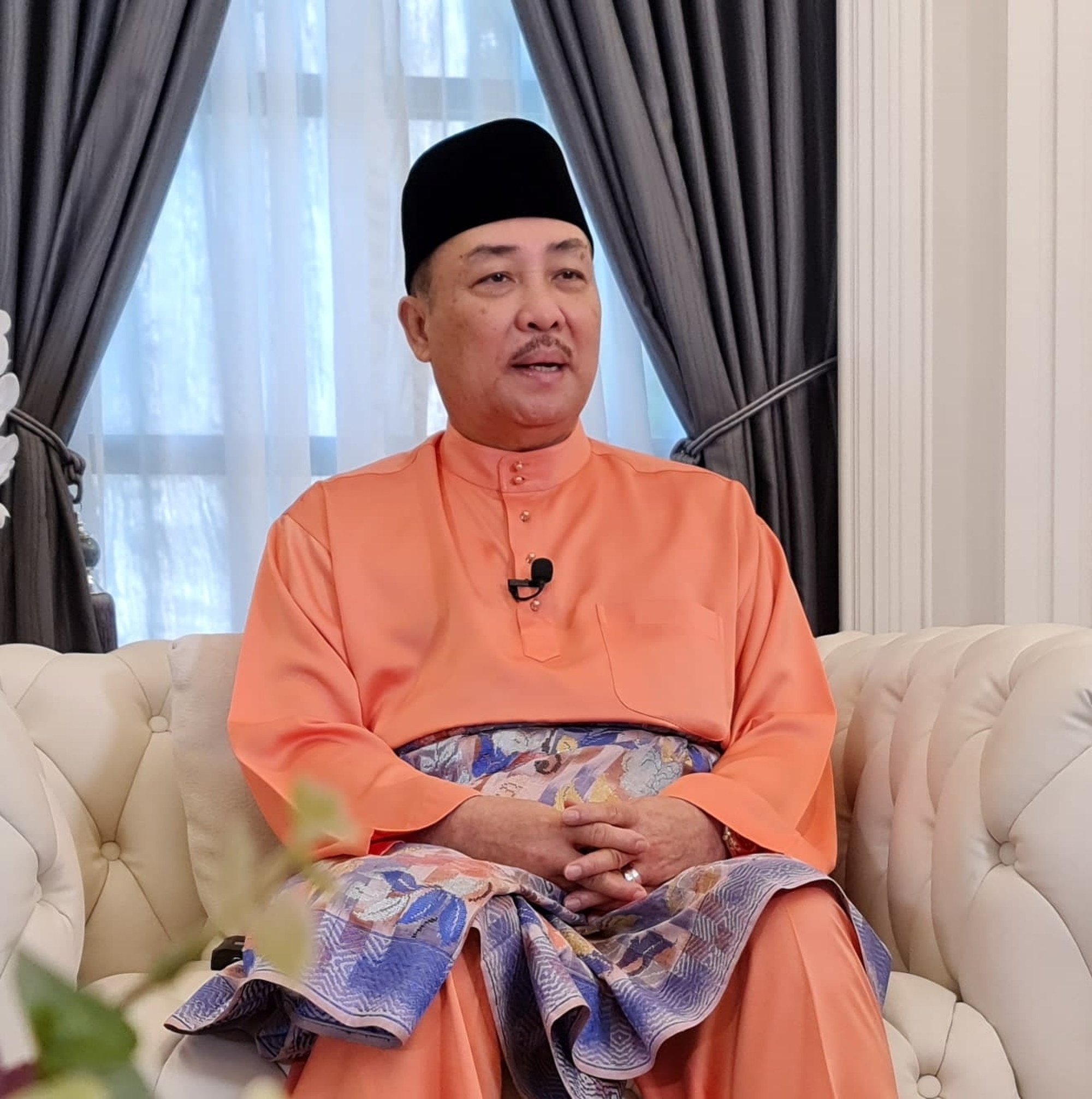
Sabah is ranked the fifth-poorest state in the country based on income levels, ahead of the opposition-held states of Terengganu, Kedah, Perlis and Kelantan, despite being a major contributor of oil and gas output and the second-largest producer of palm oil behind Bornean neighbour Sarawak.
In 2023, per capita income in Sabah was just over 31,000 ringgit (US$7,045), less than a quarter of the 131,000 ringgit annual average in the capital Kuala Lumpur, according to the latest available government data. Even Sarawak’s average income per worker was more than double that of Sabah’s, at 72,400 ringgit annually.
In comparison, the state government’s annual expenditure has routinely been among the highest across Malaysia’s 13 states. Hajiji’s administration in Sabah has set aside a 6.4 billion ringgit budget for 2025 to run the state, double the budget of Selangor, the country’s richest and most industrialised state.
This was on top of a 6.7 billion ringgit budget for federal projects in Sabah this year to build roads and shore up electricity and clean water supply – necessities that remain an issue despite the astronomical spending.
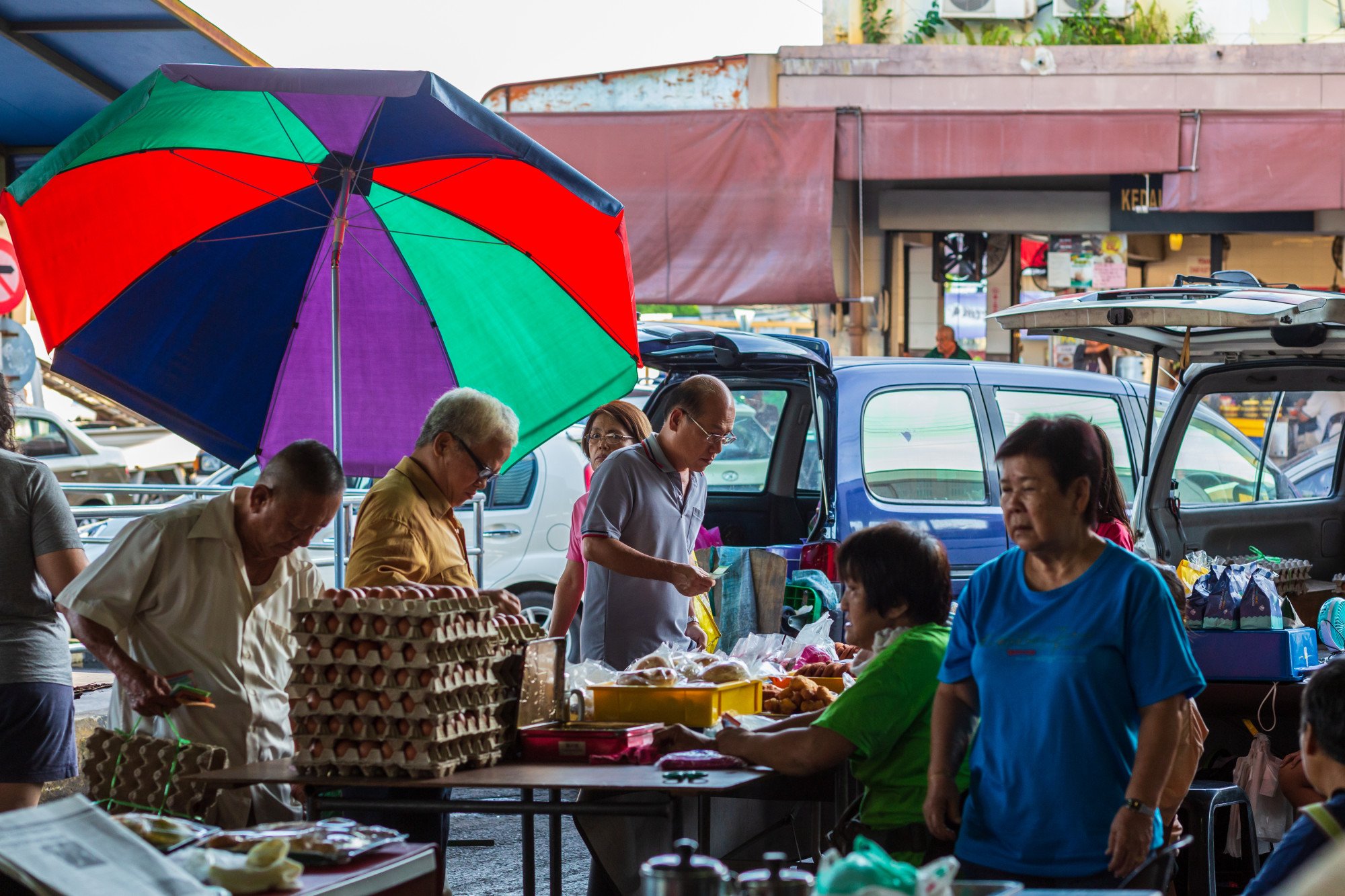
To cope with these shortages, many Sabahans have installed large water tanks and power generators at their own expense.
“Many feel the current government has failed to tackle basic issues,” said Arnold Puyok, a senior lecturer and political scientist with Universiti Malaysia Sarawak (Unimas).
“While the government talks up its achievements under the Sabah Maju Jaya agenda, people feel that their everyday needs are being overlooked,” Arnold said, referring to Hajiji’s “Sabah Advancing Successfully” tagline.
The municipal neglect has led to significant economic challenges in the state.
A Facebook post by a gourmet food seller said he was “on the verge of shutting down” his business after suffering tens of thousands of ringgit in losses due to repeated blackouts and water cuts.
The post by the seller listed more than 16,000 ringgit in losses from damaged equipment, spoiled high-quality produce, such as wagyu beef and salmon, cancelled orders and refunds in April alone.
“We’re talking about food that took time and money to source – wasted in hours due to inconsistent power supply and water disruptions,” the seller said on April 30, whose post has received more than 1,600 shares. It was a common problem, and the entrepreneurs in the state were “suffering in silence”, he added.
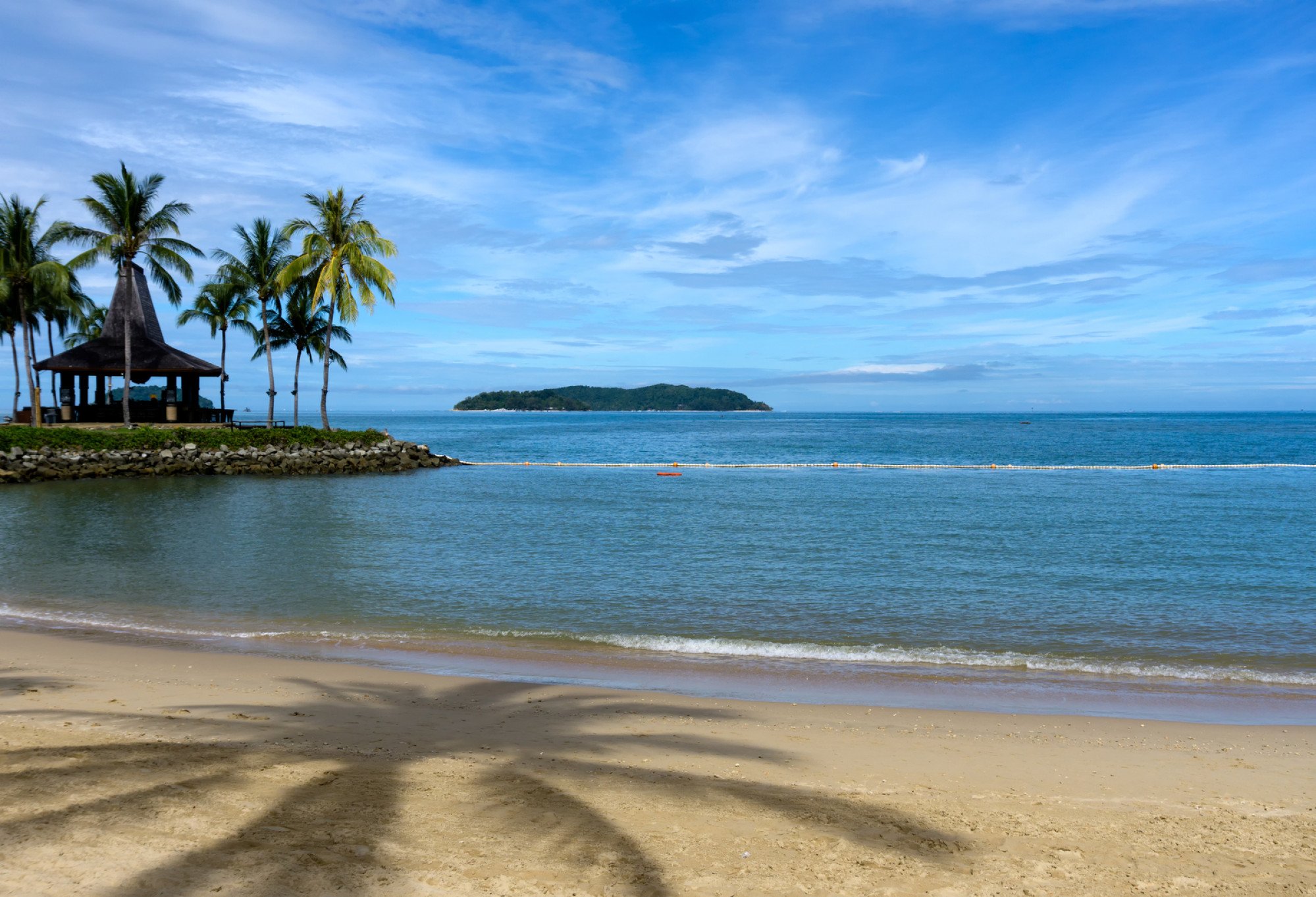
Image vs reality
The state government has reported a budget surplus for at least the past five years, even during the downturn caused by the Covid-19 pandemic, propped up by billions of ringgit in petroleum royalties paid by the federal government each year.
Despite the pockmarked roads and unreliable power and water supply, tourists continue to flock to Sabah to enjoy its many islands, scale the iconic Mount Kinabalu and trek its pristine jungles.
Tourism contributed 13.1 billion ringgit, or nearly 12 per cent of the state’s revenue in 2023, according to the latest available data from the state government.
Politics and politicians are widely seen as impediments rather than solutions towards progress in Sabah. The state has the distinction of having the most complicated political set-up in the country, with more than a dozen parties vying for the support of 3.7 million people.
Hajiji’s Gabungan Rakyat Sabah coalition won power in the last state polls in 2020, with a slim two-seat majority in the 73-seat state legislative assembly, following extensive negotiations with its rivals Umno and several local parties.
The chief minister further consolidated his position after bringing Anwar’s Pakatan Harapan coalition on board.
But the fragmented nature of Sabah’s politics – largely split between GRS, Umno and former chief minister Shafie Apdal’s Warisan party – is likely to leave no single party with enough seats to form the government.
And so horse-trading would begin after the state election, said Oh Ei Sun, a senior fellow with the Singapore Institute of International Affairs, and “any combination and permutation is possible”.
Adding to the heady mix are allegations of corruption – including hundreds of thousands of ringgit in bribes that a whistle-blower said were paid to secure mining licences – claims Hajiji has denied.
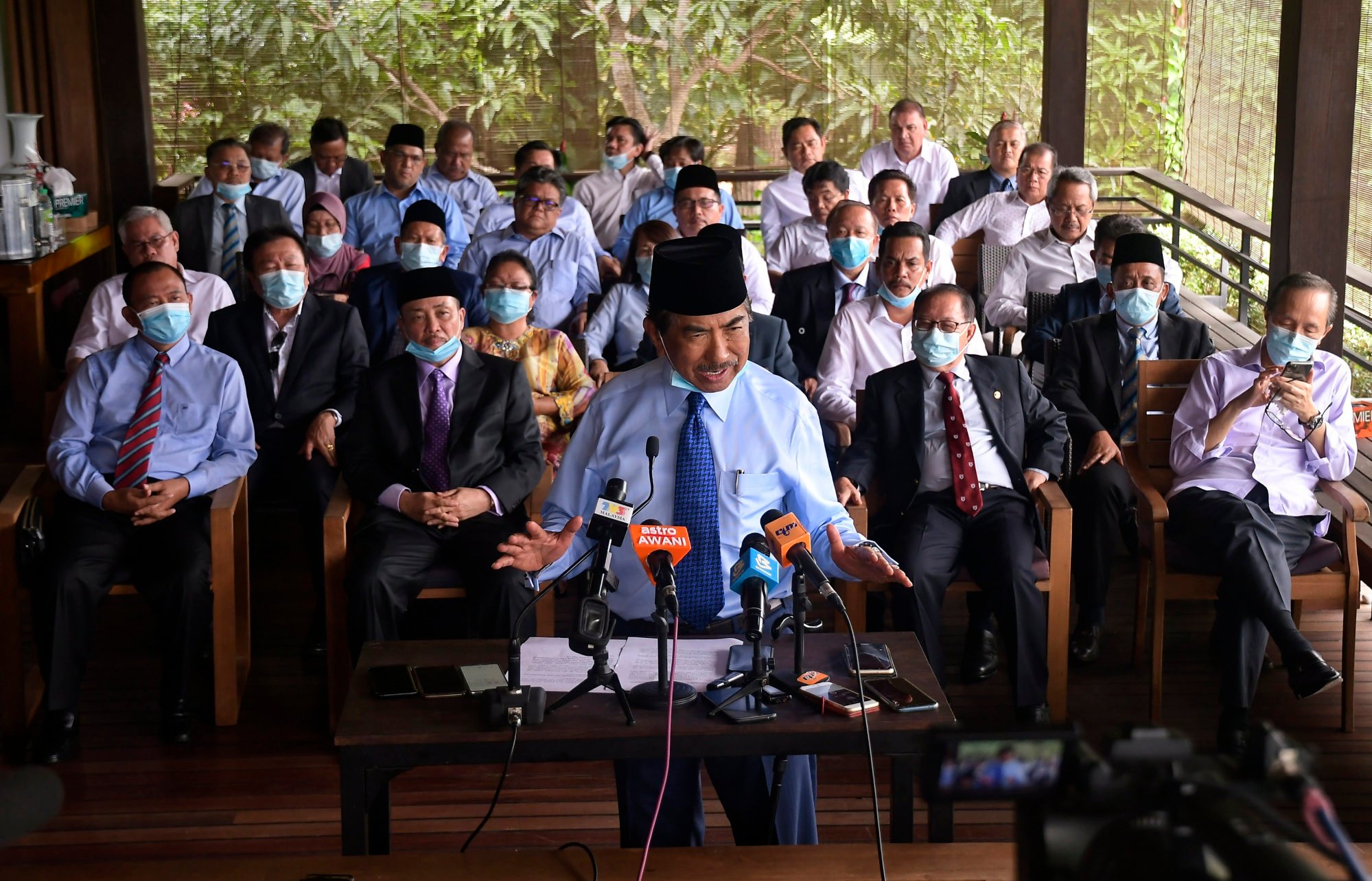
Sabahans were also taken aback by the appointment of controversial former chief minister Musa Aman as governor last December.
Musa, who was accused of amassing a fortune while in power, was in 2020 cleared of over four dozen charges of corruption and money laundering amounting to US$63 million, related to the awards of logging contracts in Sabah while he was serving as chief minister.
“I believe that a head of state should be free from any scandals or allegations,” said Jonathan James, 36, a diagnostic radiographer from the eastern district of Sandakan.
“If this bribery scandal had not occurred, the leaders of the ruling party involved should have provided evidence and cleared their names,” he said.
Analysts, however, expect voters to choose the parties that offer the most convincing promises to fix bread-and-butter concerns in a state where prices of everything – from cars to electrical appliances – are higher due to the cost of shipping products from the peninsula to the state.
Despite the cycle of hopes rising during elections and subsequent disappointment over unfulfilled promises in Sabah, Joebonaventure urged the voters in Telupid and elsewhere to still turn out and make their voices heard.
“You have to be very positive about everything … that there is a light at the end of the tunnel and somebody will step up,” he said.